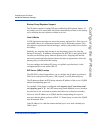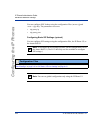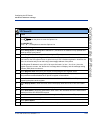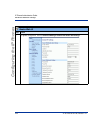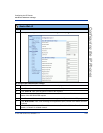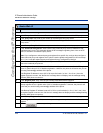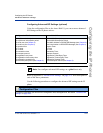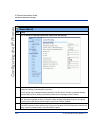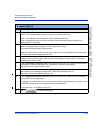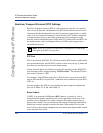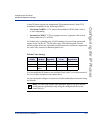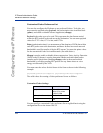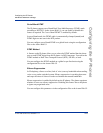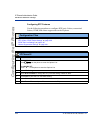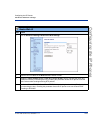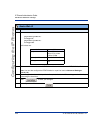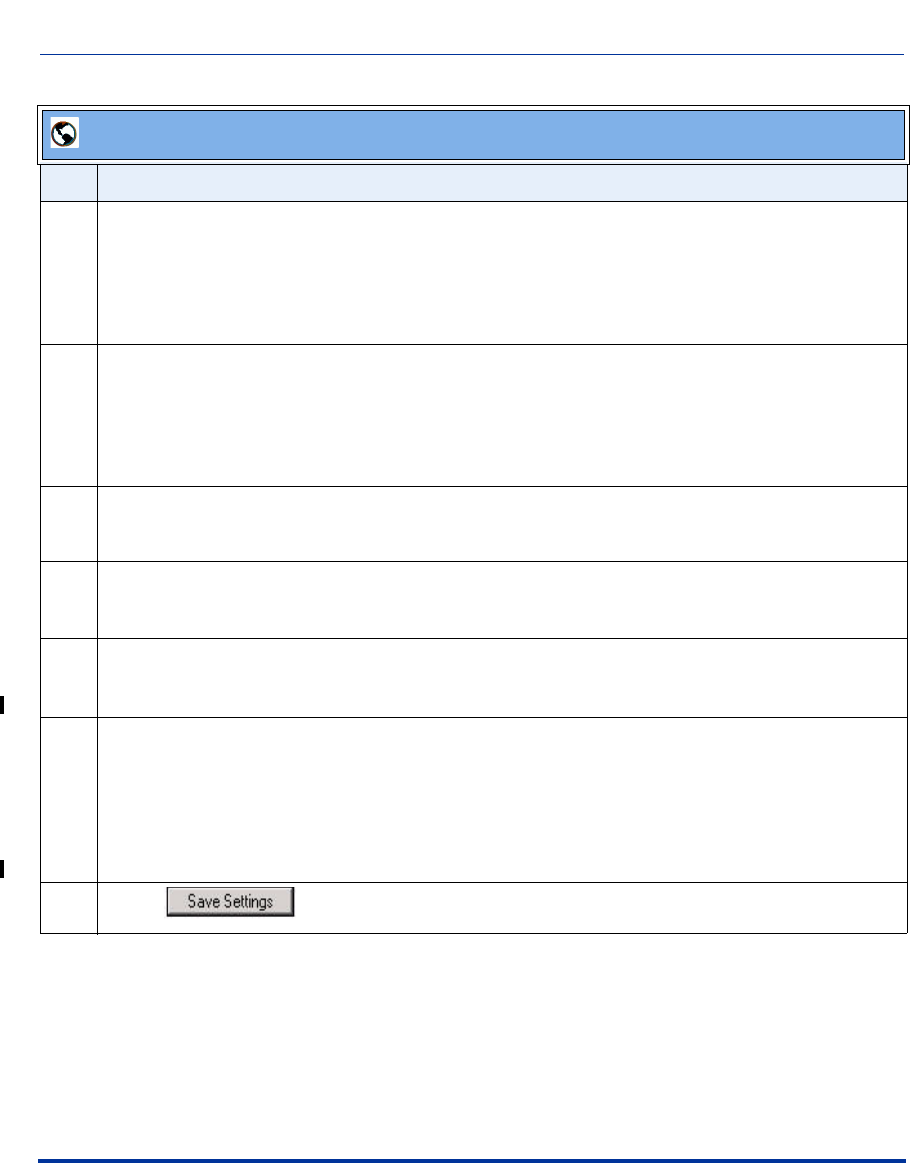
Advanced Network Settings
41-001129-00 Rev 09, Release 1.4.1 4-49
Configuring the IP Phones
Configuring the IP Phones
5 In the "Timer 1 and Timer 2" fields, enter a time, in milliseconds, that will apply to an IP phone
session. These timers are SIP transaction layer timers defined in RFC 3261.
Timer 1 is an estimate of the round-trip time (RTT). Default is 500 msec.
Timer 2 represents the amount of time a non-INVITE server transaction takes to respond to a
request. Default is 4 seconds.
6 In the "Transaction Timer" field, enter the amount of time, in milliseconds, that the phone allows the
callserver (registrar/proxy) to respond to SIP messages that it sends.
Valid values are 4000 to 64000. Default is 4000.
Note: If the phone does not receive a response in the amount of time designated for this parameter,
the phone assumes the message has timed out.
7 In the "Transport Protocol" field, select a transport protocol to use when sending SIP Real-time
Transport Protocol (RTP) packets. Valid values are User Datagram Protocol (UDP), Transmission
Control Protocol (TCP), or both.
8 In the " Registration Failed Retry Timer" field, enter the amount of time, in seconds, that the phone
waits between registration attempts when a registration is rejected by the registrar.
Valid values are 30 to 1800. Default is 1800.
9 In the " Registration Timeout Retry Timer" field, enter the amount of time, in seconds, that the
phone waits until it re-attempts to register after a REGISTER message times out.
Valid values are 30 to 214748364. Default is 120.
10 In the " Registration Renewal Timer" field, enter the length of time, in seconds, prior to expiration,
that the phone renews registrations.
For example, if the value is set to 20, then 20 seconds before the registration is due to expire, a new
REGISTER message is sent to the registrar to renew the registration.
Valid values are 0 to 214748364. Default is 15.
11 Click to save your changes.
Aastra Web UI
Step Action



